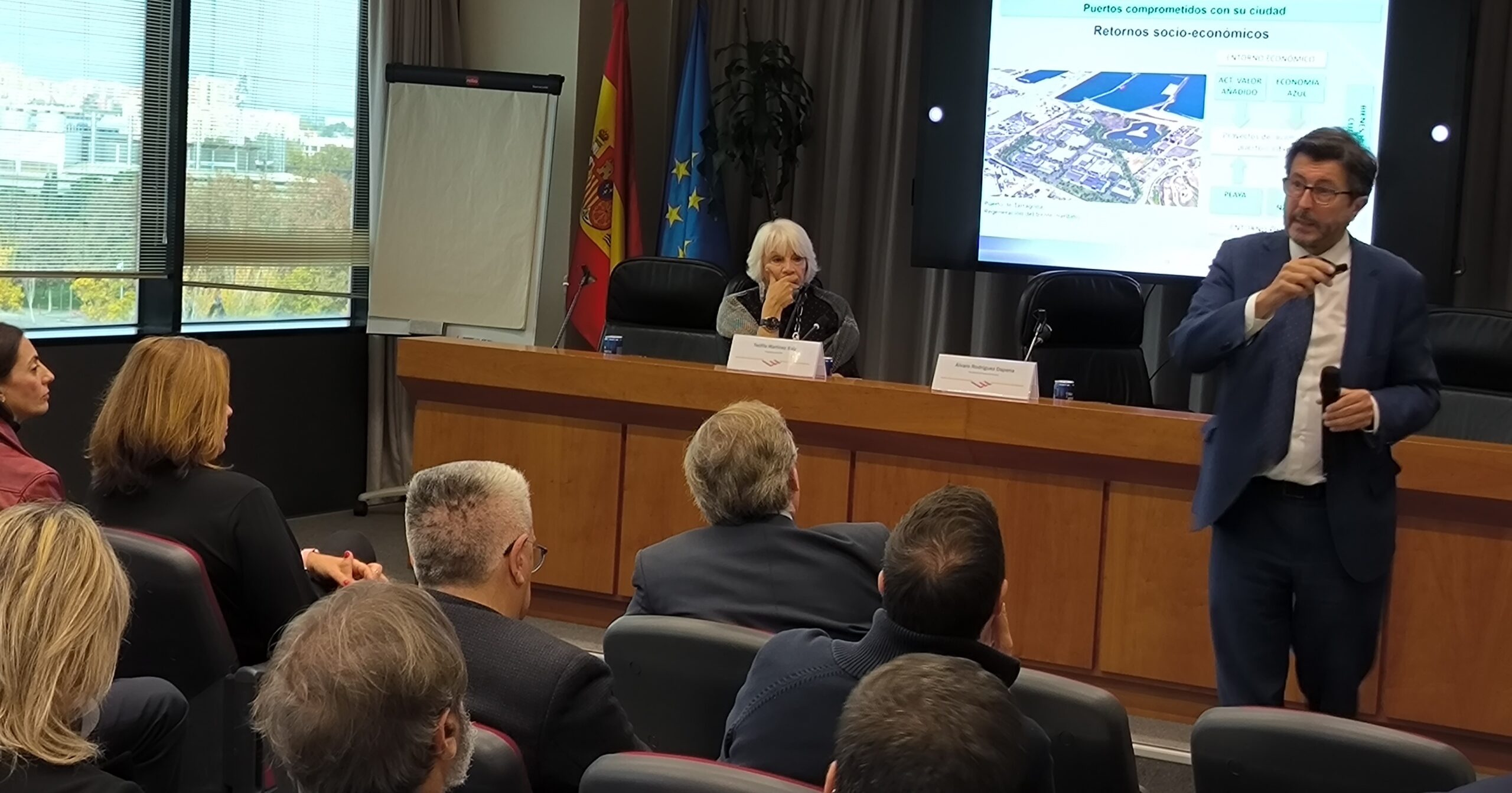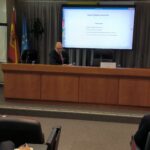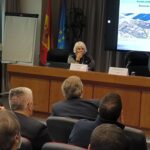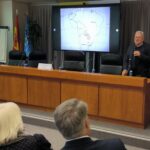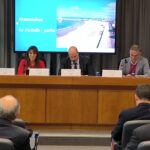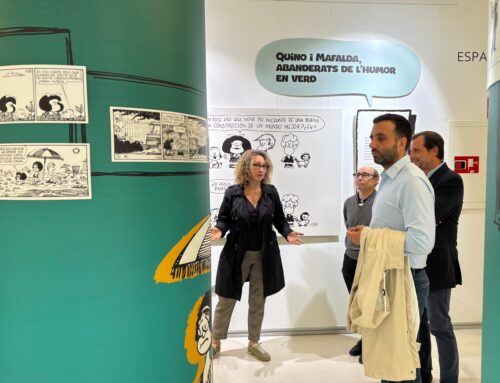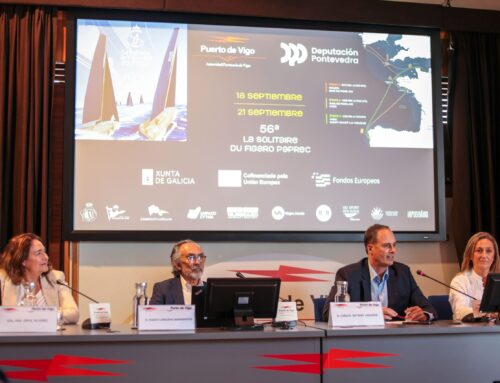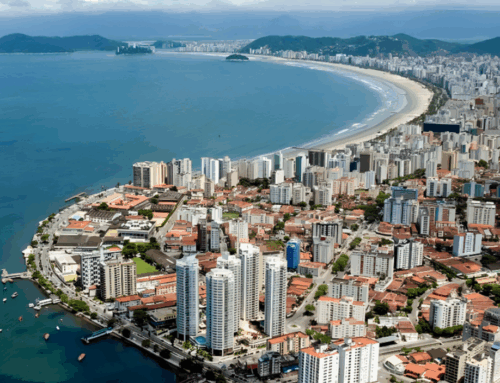The relationship between ports and coastal or river cities, in terms of their integration, deserves prominent importance in the Strategic Framework of the General Interest Port System of Spain, as highlighted today by Álvaro Rodríguez Dapena, President of Puertos del Estado, at the opening conference of the 37th RETE Meeting held in Madrid.
The processes of integrating municipal and port infrastructures and spaces must generate a better valuation of the ports by the citizens, open the ports to the public, coordinate common services, and promote joint social responsibility. Rodríguez Dapena has indicated that, for the 2024 budget of the general interest ports in Spain, 6% of investments are allocated to port-city integration actions, although this percentage would be higher if land accessibility projects that are also key in these processes were also considered.
Today’s session also featured the presentation of the successful case of the innovative territorial and social renewal of the Port of Asunción in Paraguay, by the Argentine architect and urban planner Roberto Converti. In addition, Gonzalo Peña Puigmoltó, General Director of Quantum Solutions, has explained the challenge of the Port of Popenguine – Ndayane, in Senegal.
A roundtable moderated by Miguel Jiménez, Director of Diario del Puerto, included the participation of experts in port and city integration, César Díaz Maza, President of the Port Authority of Santander; Mario Sommariva, President of the Autorità di Sistema Portuale del Mar Ligure Orientale Porti di La Spezia e Marina di Carrara, Italy; and Marta Pontes, Councilor of Matosinhos, Portugal. This colloquium concluded the two-day event held by RETE (International Association for the Collaboration between Ports and Cities) in Madrid, at the headquarters of Puertos del Estado, with the presence of an international cast of representatives from port authorities, cities, and experts in urban development.
The President of RETE, Teófila Martínez, also President of the Port Authority of the Bay of Cádiz, has advocated continuing to work “towards a harmonious integration that benefits both urban environments and port areas, ensuring long-term viability, with strategic initiatives underway to create more open and accessible spaces for citizens, promoting the coordination of services and greater transparency in social contributions, all within a long-term horizon.”

